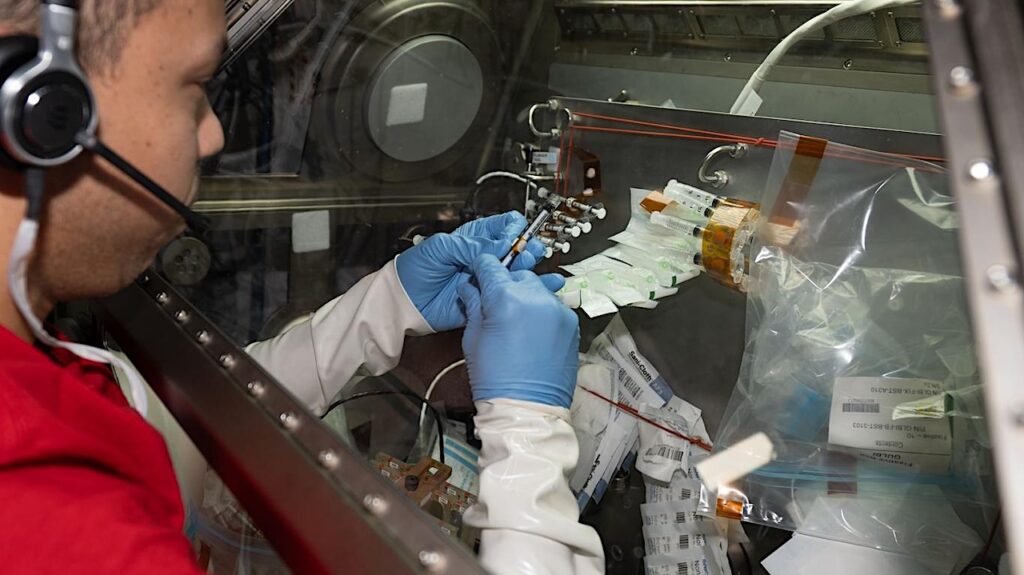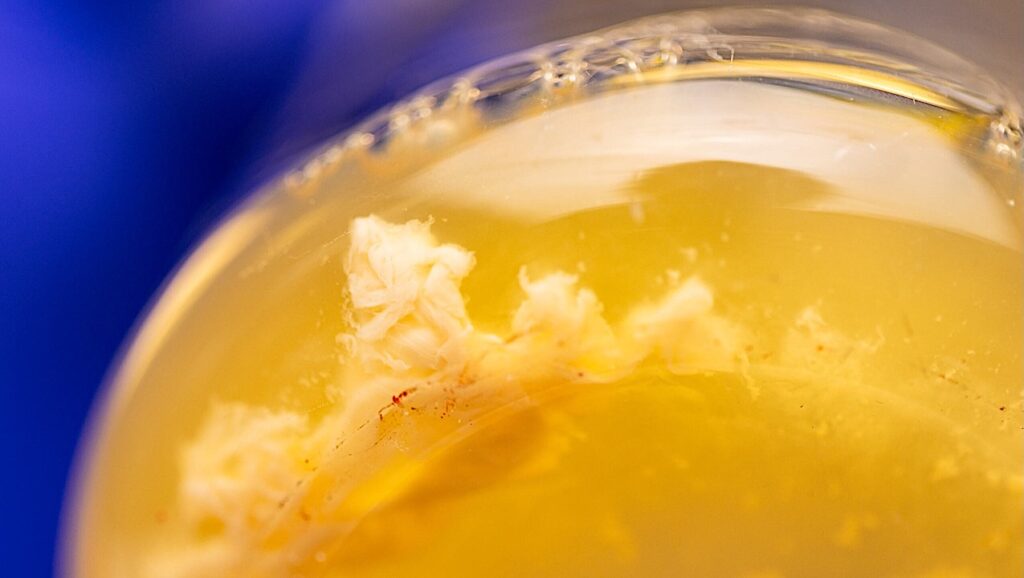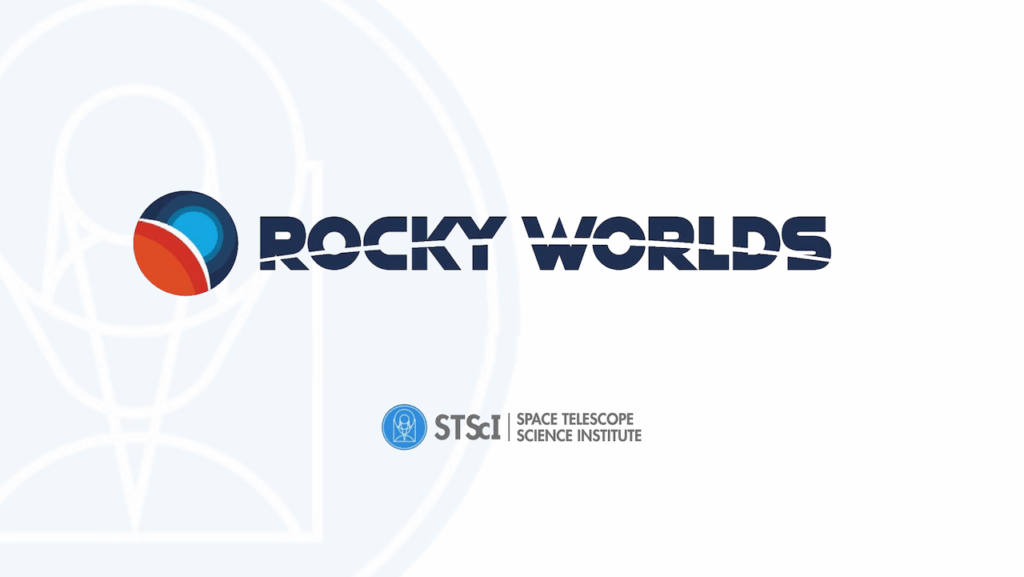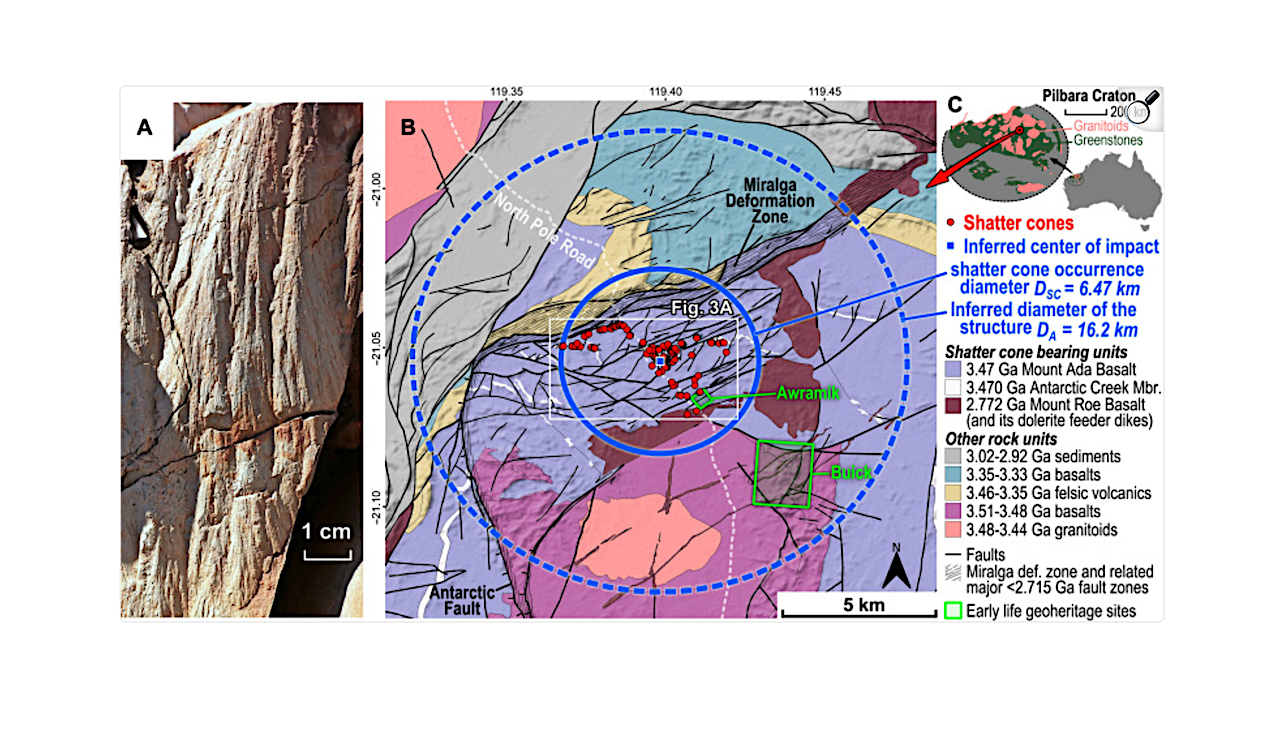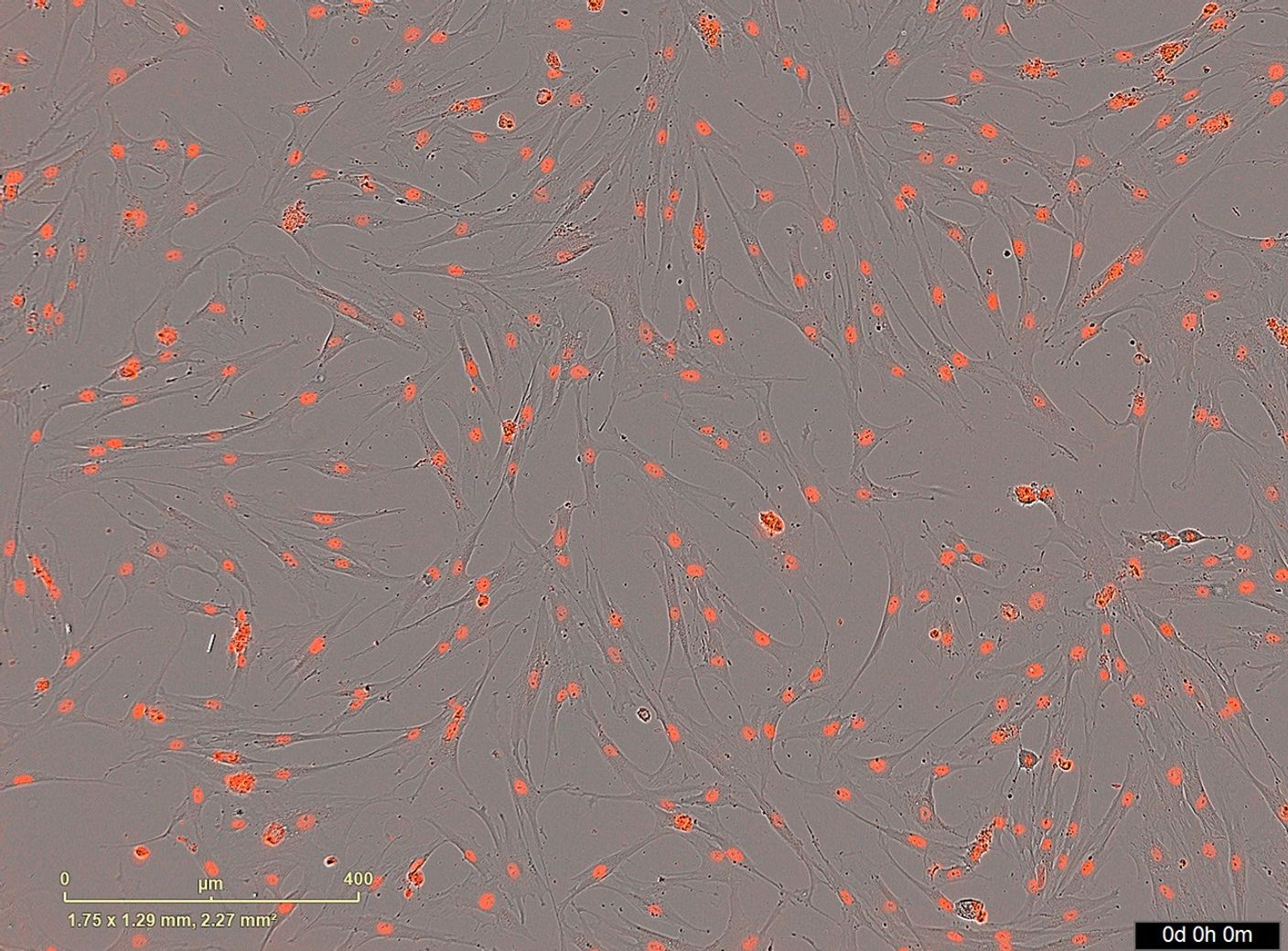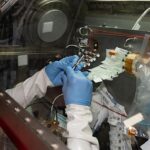Now Reading: Tersicoccus phoenicis Microbes Found In A Spacecraft Clean Room Exhibits Dormancy
-
01
Tersicoccus phoenicis Microbes Found In A Spacecraft Clean Room Exhibits Dormancy
Tersicoccus phoenicis Microbes Found In A Spacecraft Clean Room Exhibits Dormancy
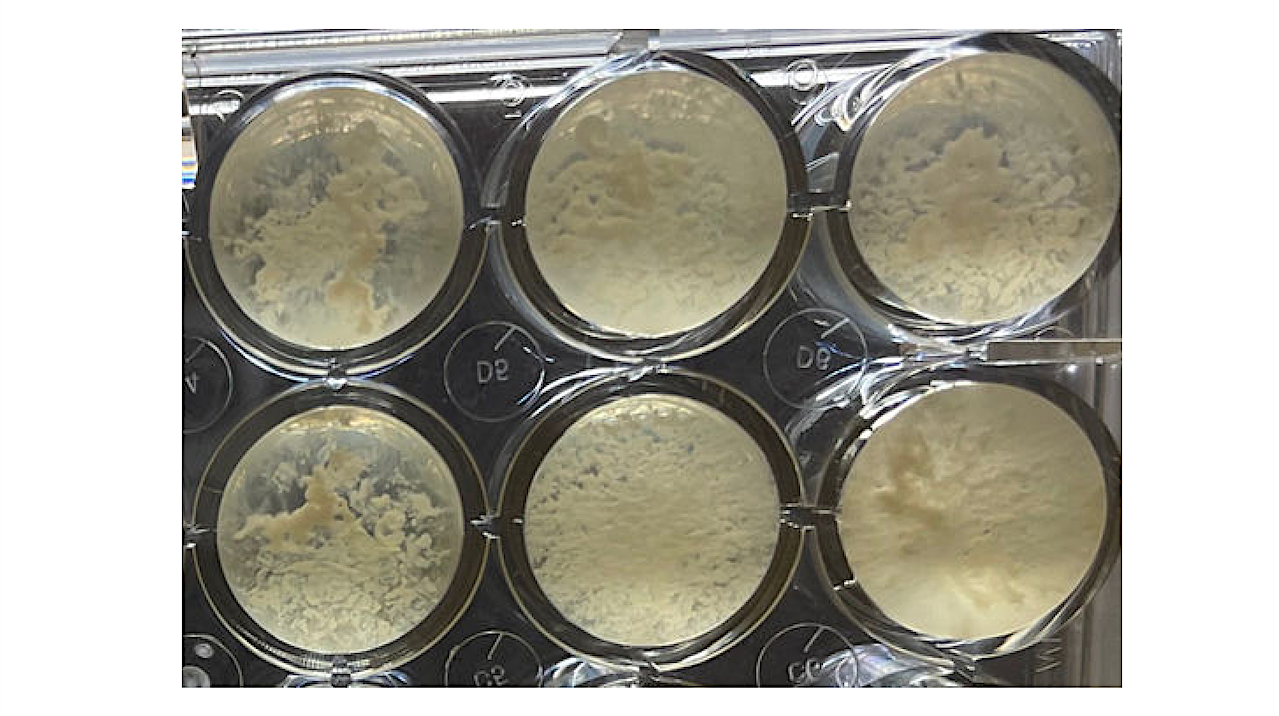

T. phoenicis cells growing in “clumps” in acetate minimal media, shown after growth was terminated (~5,000 min) and plates were removed from the Tecan SpectraFluor Plus instrument. — Microbiology Spectrum
Space missions or spacecraft equipment destined for sensitive environments, such as Mars, Europa, or Enceladus, are required to be designed to avoid forward contamination.
Spacecraft are assembled in clean rooms (SACs) employing treatments to eliminate microbial contamination. However, some organisms can survive the cleaning procedures. Characterization of these populations, through both culture-based and sequencing methods, reveals that the majority consists of spore-forming bacteria.
However, a smaller group of non-spore-forming organisms, primarily classified within the order Micrococcales of the phylum Actinobacteria (Actinomycetota), exists in some SACs. Despite their repeated occurrence and isolation, actinobacterial strains associated with SACs have not been studied for their dormancy potential.
Here, we show for the first time that a non-spore-forming SAC isolate, Tersicoccus phoenicis (Micrococcales), enters dormancy under nutrient starvation. Dormancy in Micrococcus luteus involves a universal stress protein and a resuscitation-promoting factor (Rpf). Genes for these proteins are widely found in actinobacteria, including T. phoenicis.
We show that dormant T. phoenicis (Micrococcales) can be revived through the addition of the Rpf to the media. Dormancy, as observed in the SAC actinobacterial isolate T. phoenicis, could well be a common trait adopted by other actinobacterial strains under the stressful conditions of spacecraft clean rooms or the ISS (International Space Station). This has implications for the persistence, identification, and recovery of such microbes from cleanroom facilities.
IMPORTANCE
NASA’s long-range goal of a human mission to the Mars surface raises issues relating to planetary protection.
The concerns of forward contamination require that spacecraft assembly clean rooms (SACs) be maintained to inhibit microbial survival. However, despite these efforts, distinct microbial communities persist. Here, we show that a SAC isolate, T. phoenicis, exhibits dormancy, a state in which the cells are viable but not cultivable. Dormancy may help non-spore-forming organisms survive in the clean room environments utilized for space missions. This has implications for improving cleaning procedures.
Tersicoccus phoenicis (Actinobacteria), a spacecraft clean room isolate, exhibits dormancy, Microbiology Spectrum via Pubmed
Tersicoccus phoenicis (Actinobacteria), a spacecraft clean room isolate, exhibits dormancy, Microbiology Spectrum (open access)
Astrobiology, Planetary Protection
Stay Informed With the Latest & Most Important News
-
 01Two Black Holes Observed Circling Each Other for the First Time
01Two Black Holes Observed Circling Each Other for the First Time -
 02From Polymerization-Enabled Folding and Assembly to Chemical Evolution: Key Processes for Emergence of Functional Polymers in the Origin of Life
02From Polymerization-Enabled Folding and Assembly to Chemical Evolution: Key Processes for Emergence of Functional Polymers in the Origin of Life -
 03Astronomy 101: From the Sun and Moon to Wormholes and Warp Drive, Key Theories, Discoveries, and Facts about the Universe (The Adams 101 Series)
03Astronomy 101: From the Sun and Moon to Wormholes and Warp Drive, Key Theories, Discoveries, and Facts about the Universe (The Adams 101 Series) -
 04True Anomaly hires former York Space executive as chief operating officer
04True Anomaly hires former York Space executive as chief operating officer -
 05Φsat-2 begins science phase for AI Earth images
05Φsat-2 begins science phase for AI Earth images -
 06Hurricane forecasters are losing 3 key satellites ahead of peak storm season − a meteorologist explains why it matters
06Hurricane forecasters are losing 3 key satellites ahead of peak storm season − a meteorologist explains why it matters -
 07Binary star systems are complex astronomical objects − a new AI approach could pin down their properties quickly
07Binary star systems are complex astronomical objects − a new AI approach could pin down their properties quickly












